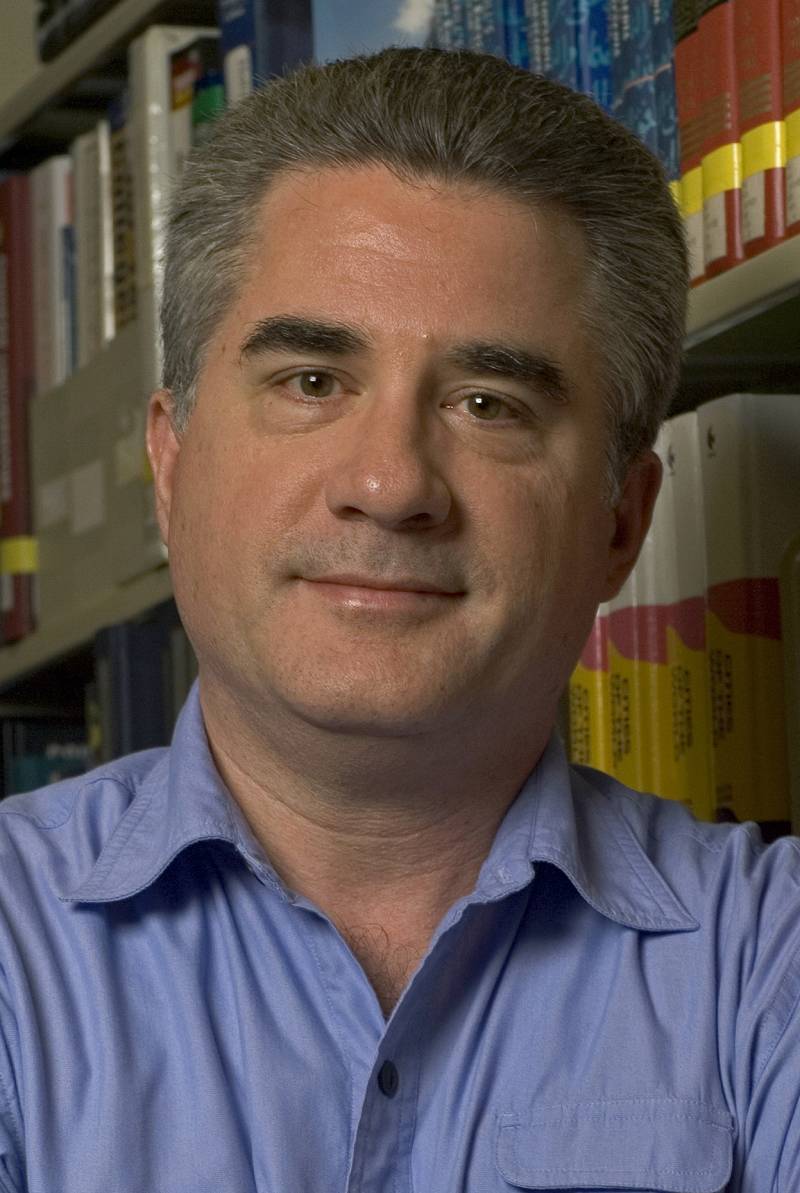
EDITOR’S NOTE: Visit “WorldView Conversation,” the blog related to this column, at http://worldviewconversation.blogspot.com/. Listen to an audio version of this column at http://media1.imbresources.org/files/107/10745/10745-57495.mp3.
RICHMOND, Va. (BP)–Love your enemies, Jesus said.
We nod in easy agreement with the theory. It’s the application that gets sticky. Which enemies, exactly, are you prepared to love? The guy who tailgates you on the road? The “friend” who spreads lies about you?
What about Osama bin Laden?
The latest issue of Mission Frontiers magazine poses that question in a cover article titled “Loving Bin Laden: What does Jesus expect us to do?” (http://www.missionfrontiers.org/). Christian peacemaker Carl Medearis recounts the evolution of his friendship with one of the top operatives in Hezbollah, the Lebanon-based (and Iran-backed) Islamic militant movement that fought Israel during the cross-border war of 2006. Medearis and co-author Ted Dekker tell the same story at greater length in their new book, “Tea with Hezbollah: Sitting at the Enemies’ Table” (Doubleday, 2010).
“[By] most definitions he was the enemy of my people, Americans. Maybe even the enemy of Christians. And for sure the enemy of the Israelis. But how could I follow the life and teachings of Jesus of Nazareth to love my enemies if I never met any?” Medearis writes of his first nervous encounter with the Hezbollah leader.
“That day a friendship began. It was a cautious friendship — on both sides. We were equally skeptical of the other’s agenda. But over the years we have become friends. He’s still a Muslim, still the leader of the Hezbollah in all of south Lebanon, still at war with Israel. But he has now received prayer a thousand times, often by the laying on of hands by my Christian pastor friends I take to see him. He has now read the New Testament. We talk often and deeply about the Gospel, about big international issues, about the small hidden things of our hearts.”
Medearis challenges his friend to make peace with a loving God — and with Israel, Hezbollah’s bitter enemy. He knows some people consider him foolish, naïve, a “useful idiot” being manipulated by terrorists for political or public relations purposes. Yet Christ’s words about loving enemies remain. Could the steady application of love and God’s Word to his friend’s war-hardened heart change the course of history in the Middle East?
When Medearis talks about loving enemies as a method of transmitting the love of Jesus across boundaries, the most common response he gets from Christians goes something like this: “Yeah, I know that Jesus said to love our enemies, but … I mean, you’re not suggesting that, well, you know, we should, like, love Osama bin Laden, are you?”
What Medearis (or anyone else) suggests is irrelevant. What matters is the command of Christ, who committed the ultimate act of love on behalf of those who opposed, rejected, betrayed, hated and killed Him. That act, that supernatural life, transcends politics, cultures, nations — and all past, present and future animosities. Forgive as you have been forgiven, He says. No exceptions.
The command doesn’t apply just to individual relationships. The global progress of the Gospel depends on loving and blessing enemies. Every day, hundreds of mission workers and thousands of local believers are forming the kinds of friendships Medearis describes. As often as not, the families, clans or tribes awaiting the Gospel in the next village or across the border are enemies. You fear them; they fear you. How to bridge the gap? Unconditional mercy.
And we must go first, if we claim to follow Christ. We can’t ask new disciples across the world to share the Good News with enemies if we aren’t willing to model the practice.
If all this sounds hyper-spiritual, here’s a real-world model: Steve Hyde.
Steve’s no otherworldly mystic. He’s a big ol’ guy with a big smile and a huge heart — just like his dad, Southern Baptist missionary Bill Hyde. Bill was killed in a 2003 terror bombing carried out by an Islamic rebel group in the Philippines. It was an abrupt end to a life lived passionately for Christ. During 25 years in the Philippines, Bill planted (and trained Filipino Christians to plant) hundreds of churches.
Steve was already doing full-time mission work elsewhere in Southeast Asia when his father was killed. He’s still there, spreading the Good News and equipping believers to multiply churches — just like his dad. On the seventh anniversary of Bill’s death March 4, Steve recalled the words he spoke at his father’s funeral:
“I will avenge my father’s death, but not like the plans of the evil one. To kill and destroy is easy, but to love your enemy is God’s command. The plans of Jesus are peace and love through the forgiveness of sins. I will go and bring Jesus throughout this evil world and take the light of Jesus into the darkness.
“Please, all of you whose lives were touched by my father, who were motivated and encouraged by him in church planting, evangelism and the Kingdom of God, join me in avenging my father’s death. Let us together go into every dark area, those hard-to-go places, those places that bring fear just by mention of their name. Go, as my father went. My dad will not be the last martyr, but in the end the Lord Jesus Christ will have the victory. Take the Light into the darkness with me.”
If loving enemies into heaven is good enough for Steve Hyde, it’s good enough for you and me.
–30–
Erich Bridges is global correspondent for the International Mission Board (imb.org).
















